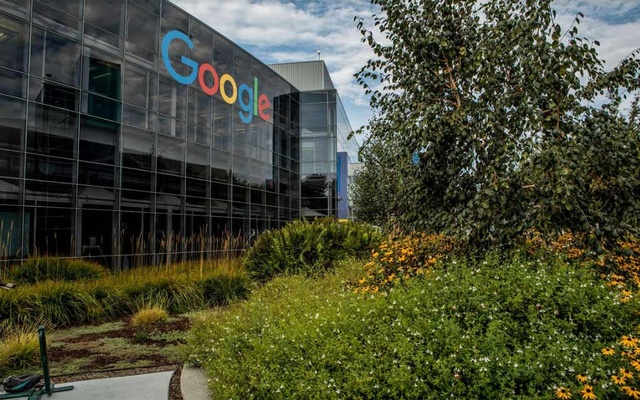Google on Wednesday said it would restrict how precisely political advertisers can target an audience on the company’s online services.
Political campaigns will be able to aim election advertisements at people based on their age, gender or location. However, the ads can no longer be directed to specific audiences based on their public voter records or political affiliations categorized as “left-leaning,” “right-leaning” or “independent,” the company said in a blog post.
The policy will apply to ads shown to users of Google’s search engine and YouTube, as well as display advertisements sold by the company that appear on other websites.
“This will align our approach to election ads with long established practices in media such as TV, radio, and print, and result in election ads being more widely seen and available for public discussion,” wrote Scott Spencer, a vice president on Google’s ads team.
Last month, Twitter announced that it would prohibit all political ads from its service. Twitter’s move was largely seen as a response to the controversy caused by Facebook when its chief executive, Mark Zuckerberg, said he would not block political ads containing false statements on the social network.
Google said while it has never allowed any advertiser — including politicians — to make false assertions, it was clarifying its policy to explicitly ban ads that make “demonstrably false claims that could significantly undermine participation of trust” in the election process. Google noted, however, that it expects to take action on a “very limited” number of political ads.
Google said it would introduce the new policies within a week in Britain, ahead of the country’s general election, and then to the rest of the world in January.
© 2019 The New York Times Company


